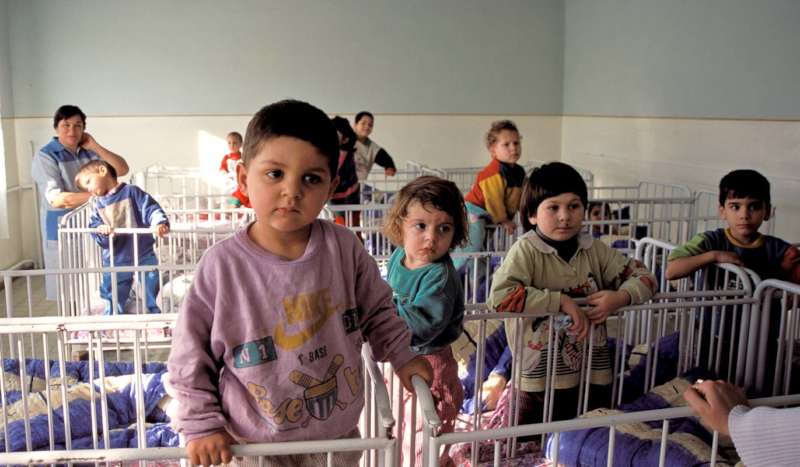
Global priority for the care of orphans and other vulnerable children: transcending problem definition challenges
Tens of millions of children lack adequate care, many having been separated from or lost one or both parents. Despite the problem’s severity and its impact on a child’s lifelong health and wellbeing, the care of vulnerable children—which includes strengthening the care of children within families, preventing unnecessary family separation, and ensuring quality care alternatives when reunification with the biological parents is not possible or appropriate—is a low global priority.
Every day, families are disrupted across the world due to parental death, incapacity, abuse, and/or neglect. The result is millions of children without parental care. By one estimate, there are 147 million orphans - children under 18 years of age who have lost one or both parents to any cause of death—and millions more across the world separated or at risk of separation. COVID-19 exacerbated the problem. The absence of quality care results in bleak long-term physical health, psychological, and social outcomes for children.
The children’s care agenda includes at least three components: 1. strengthening the ability of families to care for their children, 2. preventing family separation in groups most at risk, and 3. providing suitable and appropriate alternative care for the millions of children separated from their biological parents [19, 20].
The global prioritization of children's care remains inadequate, with various factors contributing to this issue. One significant factor is the ongoing disagreement among global stakeholders about what constitutes an acceptable care arrangement for children, particularly when it's not family-based, and whether deinstitutionalization (DI) is a suitable care reform strategy.
These disagreements stem from multiple sources, including conflicting evidence about the scope of the problem and potential solutions, differing experiences between countries, socio-cultural and legal challenges in implementing formal alternative care, financial interests that support residential facilities, and varying perspectives from affected children, families, and the disability community. These disagreements make it challenging to establish effective global governance and frame the issue convincingly to attract support from policymakers and civil society organizations.
Despite these obstacles, some positive developments suggest that progress is possible. Various forums and networks, such as the Elevate Children Funders Children's Care Working Group, the Better Care Network, and the Global Collaborative Platform on Transforming Children's Care, aim to unite champions in the field. The United Nations General Assembly also chose 'Children without Parental Care' as the theme for the 'Rights of the Child' resolution in 2019, leading to unprecedented unity among care sector proponents. Additionally, in response to the COVID-19 pandemic, some countries have accelerated the return of children to family or family-based care, and there are instances of stakeholders setting aside their differences to address urgent needs. Moreover, there is a growing body of data on effective interventions to support children within families, prevent unnecessary separation, and provide high-quality alternative care when children cannot live with their parents or families.
In summary, defining the challenges within the children's care community is a significant issue. These challenges are evident on a global scale among experts working in international organizations, donor agencies, and non-governmental organizations across different countries. They likely also affect the prioritization of children's care at national and local levels.
Despite these challenges, proponents of children's care share a deep concern for the well-being of at-risk children. With this common goal, there's potential for this community to overcome differences and become a strong force for change in advancing the children's care agenda.



Leave a Reply